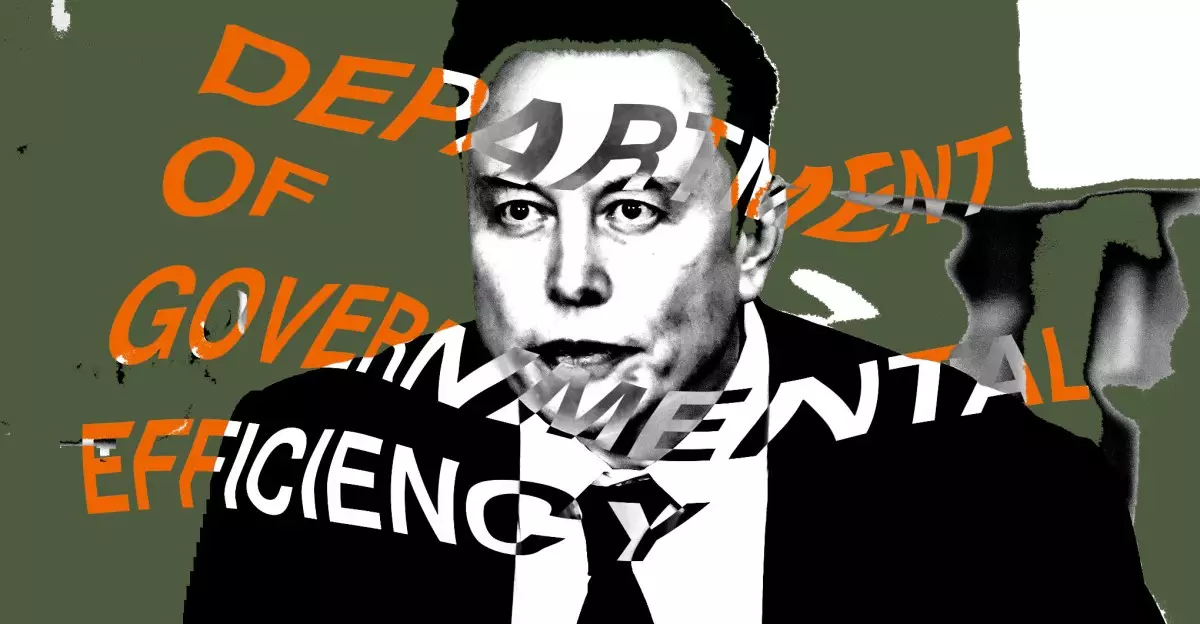On a recent Saturday, an unsettling email circulated among federal employees, imploring them to submit bullet points summarizing their recent accomplishments. The directive, which had a deadline set for Monday night, caught many by surprise. Elon Musk, noted for his unconventional management style, took to Twitter to announce that federally employed individuals would soon be tasked with this unusual request. His tweet indicated that those who failed to comply would face dire consequences, a sentiment echoed in the directive from the Office of Personnel Management (OPM). This email made its way into the inboxes of various agencies—such as the FBI and the State Department—leaving recipients questioning both the legality and the implications of such an unusual mandate.
While this communication may have been intended to promote accountability, its strategic execution raises serious legal concerns. According to reports from reputable sources like the New York Times and the Washington Post, experts suggest that the demands made could lead employees to unwittingly violate federal laws. The sentiments of law professors, including Sam Bagenstos from the University of Michigan, emphasize that these expectations are unfounded in the established civil service structure. Bagenstos highlighted the absence of any legal framework that could support Musk’s implications. House Minority Leader Hakeem Jeffries vocally criticized Musk’s actions, asserting that such demands could potentially traumatize hardworking federal employees and their families, further questioning Musk’s authority over federal employment matters.
Musk’s Pattern of Management Style
This episode intertwines with a broader narrative surrounding Musk’s infamous management strategies, particularly observed during his ownership of Twitter. His approach involves pressuring employees to validate their performance under threat of dismissal, a practice that has drawn heavy scrutiny. The current situation marks an extension of this methodology, raising eyebrows not just within agency walls but throughout the legal community. The fear generated among federal employees echoes Musk’s previous edicts on social media regarding accountability, but in a federal context, the stakes are significantly higher.
As federal employees grapple with the ramifications of this demand, a crucial element remains: the importance of a stable and respectful workplace environment. When top executives impose undue pressure on employees through convoluted or legally questionable means, the morale and sanity of an organization can swiftly deteriorate. The impact of such top-down mandates could even lead to an exodus of talented workers who value their rights and employee protections.
While the email and Musk’s communication may have been intended to spark productivity, the outcome may very well fuel disruption and distrust among federal employees. As Musk continues to progress through various ventures, his influence over such communication will rightfully warrant attention and scrutiny, illuminating the ethical considerations entwined with leadership in both corporate and public spheres. Ultimately, this situation serves as a harrowing reminder of the balance that must be struck between accountability and employee rights, particularly in an increasingly complex workplace landscape.


Leave a Reply